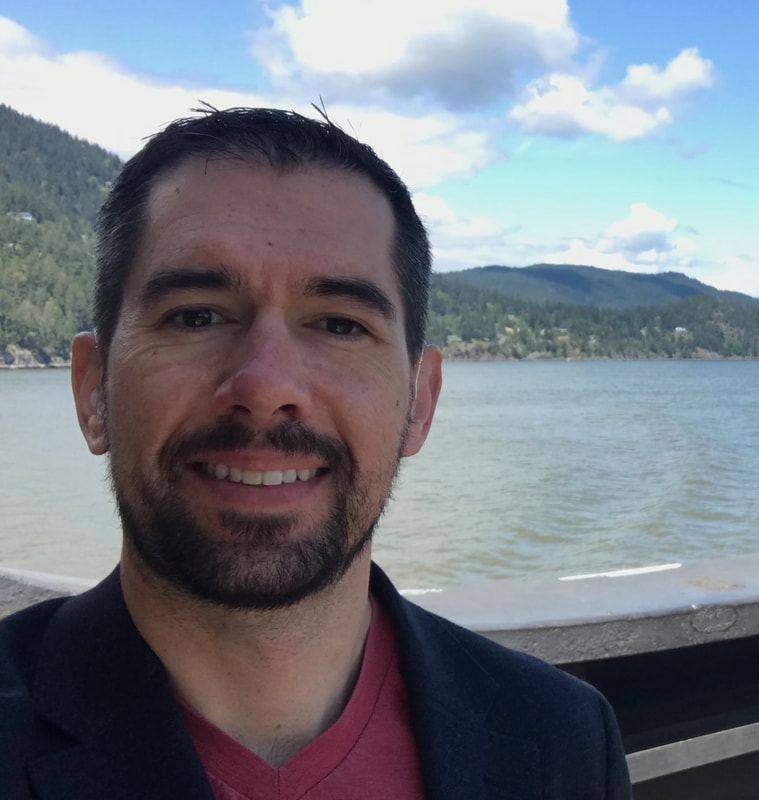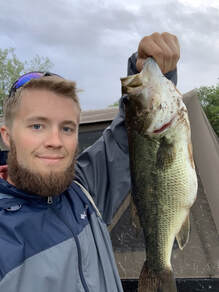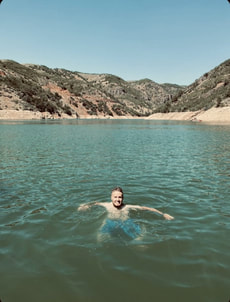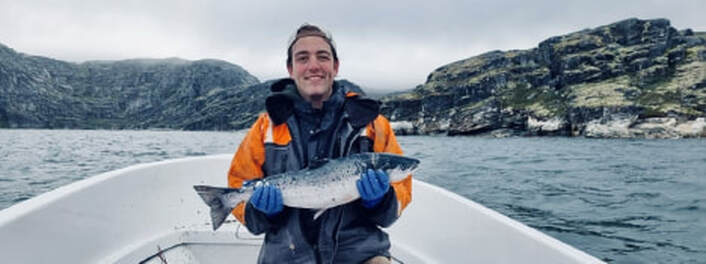Current Lab Members
|
Ryan Shartau
I completed my PhD at the University of British Columbia under the supervision of Dr. Colin Brauner where I investigated how vertebrates tolerate the very high CO2 levels (e.g. >30,000 uatm; 3 kPa CO2) found in many environments such as tropical freshwaters, aquaculture, and nests of reptiles. This work was conducted using over 20+ species of fish, as well as alligators and turtles. Following my PhD, I worked at Fisheries and Oceans Canada (DFO) at the Pacific Biological Station as a postdoctoral Research Scientist with Dr. Stewart Johnson investigating the impact of toxins produced by blue-green algae (cyanotoxins) on salmon physiology, and the presence of algal toxins in the marine water of southern British Columbia. After the DFO, I completed a short postdoc as a Mitacs Elevate Postdoctoral Fellow at the University of Prince Edward Island to identify biomarkers of algal toxicity in salmon. During my postdoctoral work I collaborated with Dr. Dan Baker at Vancouver Island University on white sturgeon physiology. Currently, I am an Assistant Professor in the Department of Biology at the University of Texas at Tyler. |
Dillon Flowers
I completed a BS in Zoology, in 2021, from Weber State University in Ogden Utah. Where I completed research in the effects of ocean acidification on oyster shells Crassostrea virginica. I also worked on understanding the presence of mercury in fish populations found amongst public communities of northern Utah.
Here at UT Tyler's master's program I am investigating cellular mechanisms related to a survival strategy known as preferential intracellular pH regulation that some species of fish utilize under periods of hypercapnia. This strategy is the ability to maintain homeostasis in tissue pH while allowing large decreases in blood pH as CO2 increases in the water, and the genes with related transporters are largely unknown underling these biological processes.
I completed a BS in Zoology, in 2021, from Weber State University in Ogden Utah. Where I completed research in the effects of ocean acidification on oyster shells Crassostrea virginica. I also worked on understanding the presence of mercury in fish populations found amongst public communities of northern Utah.
Here at UT Tyler's master's program I am investigating cellular mechanisms related to a survival strategy known as preferential intracellular pH regulation that some species of fish utilize under periods of hypercapnia. This strategy is the ability to maintain homeostasis in tissue pH while allowing large decreases in blood pH as CO2 increases in the water, and the genes with related transporters are largely unknown underling these biological processes.
Trent Furr
Investigating the impact of dissolved gas supersaturation on neonate salamanders.
Investigating the impact of dissolved gas supersaturation on neonate salamanders.
Michael Donnell
Undergraduate volunteer examining the presence of algal toxins in East Texas freshwater habitats.
Undergraduate volunteer examining the presence of algal toxins in East Texas freshwater habitats.
Lab Alumni
|
Brandon Ellingson - 2023
Thesis: Identification of biomarkers of sub-lethal algal toxin exposure in Atlantic Salmon (Salmo salar) and Chinook Salmon (Oncorhynchus tshawytscha) using differential gene expression analysis Current position: Contractor for National Oceanic and Atmospheric Administration (NOAA) |





